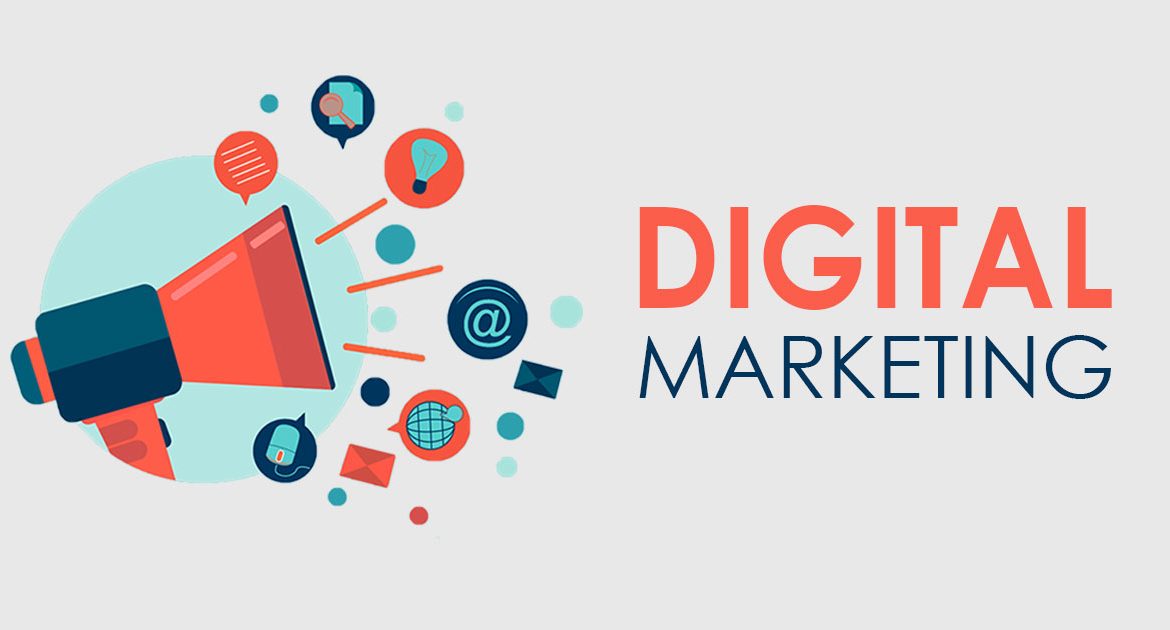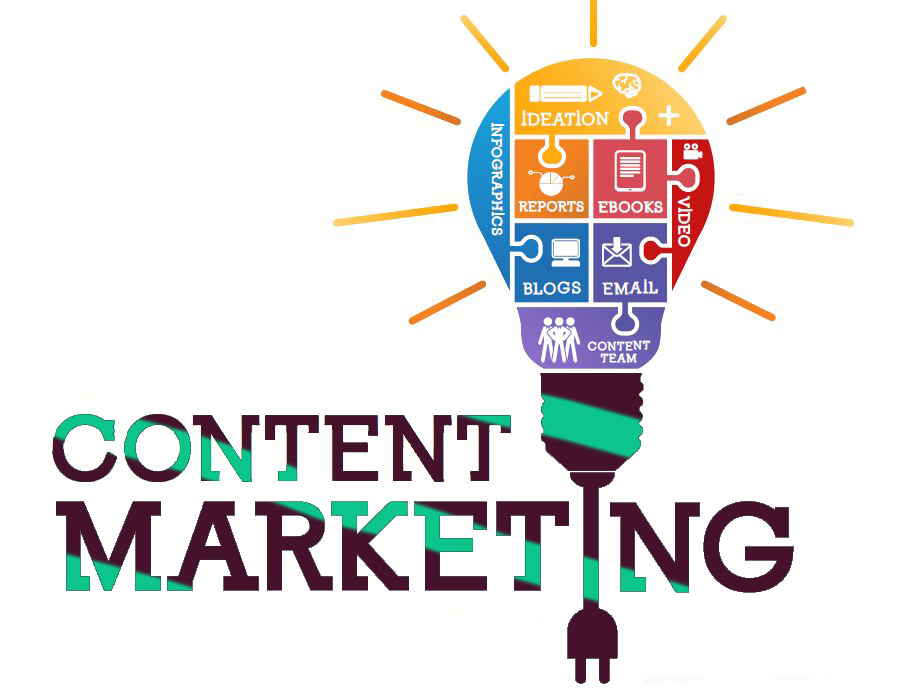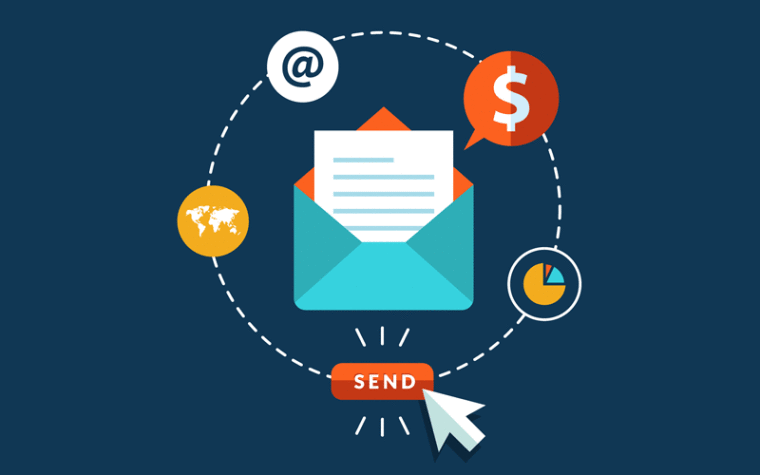DIGITAL MARKETING
"Digital Marketing or Online Marketing is any effort to
spread the word about your company that uses the Internet to reach people."
Basically, it’s anything that you do online to get more
eyeballs on you, grab people’s attention, and hopefully, at some point, get
them to buy from you.
There are seven major sub-categories of Digital Marketing
that I want to cover in this guide.
1] Search engine optimization (SEO)
2] Search engine marketing (SEM)
3] Content marketing
4] Social Media Marketing (SMM)
5] Pay-per-click advertising (PPC)
6] Affiliate marketing
7] Email marketing

1] Search Engine Optimization (SEO) :
SEO stands for “search engine optimization.” It is the
process of getting traffic from the “free,” “organic,” “editorial” or “natural”
search results on search engines.
We can also define SEO as "It is the practice of
increasing the quantity and quality of traffic to your website through organic
search engine results."
Basically SEO is of two types :
A] On-page Seo
B] OFF-page Seo

2] Search engine marketing (SEM) :
Search Marketing is the process of gaining traffic and
visibility from search engines through both paid and unpaid efforts.
Search Marketing encompasses:
SEO: Earning traffic through unpaid or free listings
SEM: Buying traffic through paid search listings
Originally called “search engine marketing,” the shorter
phrase “search marketing” is now often used as the umbrella term over SEO and
SEM. The longer phrase “search engine marketing” or SEM is now typically
used to describe paid search activities.

3] Content Marketing :
Content Marketing is good for your bottom line — and your
customers
Specifically, there are three key reasons — and benefits —
for enterprises that use content marketing:
A] Increased sales
B] Cost savings
C] Better customers who have more loyalty

4] Social Media Marketing (SMM) :
Social Media Marketing refers to the process of gaining
traffic or attention through social media sites.
Social media is the fastest growing trend in the history of
the world.

5] Pay-per-click Advertising (PPC) :
PPC stands for pay-per-click, a model of internet marketing
in which advertisers pay a fee each time one of their ads is clicked.
Pay-per-click is commonly associated with first-tier search
engines (such as Google AdWords and Bing Ads). With search engines, advertisers
typically bid on keyword phrases relevant to their target market. In contrast,
content sites commonly charge a fixed price per click rather than use a bidding
system.

6] Affiliate Marketing :
Affiliate Marketing is an online sales tactic that lets a
product owner increase sales by allowing others targeting the same audience –
“affiliates” – to earn a commission by recommending the product to others. At
the same time, it makes it possible for affiliates to earn money on product
sales without creating products of their own.
The cost to the customer purchasing the product or service
through an affiliate is the same as buying directly from the product owner.
While product owners make less money per sale because they
must pay a percentage of the sale to the affiliate, they are also reaching
potential customers they probably wouldn’t reach on their own.
Affiliates can earn commissions on a one-time purchase or recurring
income through sales of subscriptions or membership programs.

7] Email Marketing :
Email Marketing is the act of sending a commercial message,
typically to a group of people, using email. In its broadest sense, every email
sent to a potential or current customer could be considered email marketing.
It usually involves using email to send advertisements,
request business, or solicit sales or donations, and is meant to build loyalty,
trust, or brand awareness. Marketing emails can be sent to a purchased lead
list or a current customer database.
Email Marketing types :
A] Transactional emails
B] Direct emails

Conclusion :
Digital Marketing is very crucial activity in every business
organization at recent times.
Digital Marketing is the future of marketing and
only keep progressing with time.
What’s your favorite type of Digital Marketing? Are you
building a business with it? Let me know in the comments!

Congrats..
ReplyDelete